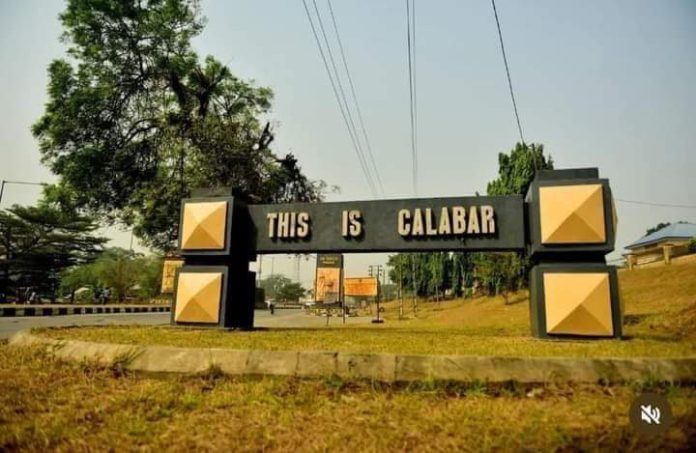Attn: Efio-Ita Nyok, All Efik Natives, Revisionists and My global audience.
Contrary to Edem Bassey ‘s unguided assertion of Okoi Obla’s previously debunked false claim that the Efik name- “ODUKPANI” was derived from “Odu” and “Mkpani” (an attempt to undeservedly credit Mkpani and favour Yakurrphilia against Efik), the reality remains that such a “funny talk” lacks etymological, historical and empirical merits. Thus, it should be discarded or treated as baseless/ misleading, wherever it is found in public space.
To begin with, “the original [correct] spelling and pronunciation of the name is not Odukpani but Odukpañi; a corruption of marriage between ODUK- an Efik homonym (written in modern Efik orthography as ORUK and contextually translated to reed, race, kin or bloodline as seen, for example, in “Oduk/Oruk ye iman”)- and NKPAÑI (moneywort) (Hogan, 2023). Instructively note that Oduk further translates to “has entered”, as seen, for example, in Etim oduk ufọk (Etim has entered [the] house). Also note that “Nkpañi is the Efik word for marshes or riverside in temperate or tropical region; a synonym for EDEP” (Hogan, 2023).
Lexically, REED (ODUK or Oruk -as contextualized) refers to tall woody perennial grasses with hollow slender stems especially of the genera Arundu and phragmite. Similarly MONEYWORT (NPAÑI) is defined as a loosestrife vine, equally called creeping Charlie/Creeping Jeny. It further refers to reeds of marshes or riverside areas (WordWeb Dictionary, 2008; cited in Hogan, 2023; 2024).
Accordingly, the above definitive premises not only nullify the false claim that Odukpani evolved from “Odu Mkpani” but naturally, lexically, etymologically and empirically prove that Odukpani is an Efik compound word originated from “Oduk” and “Npañi”. The original meaning of Odukpani is therefore REEDS OF MARSHES OR RIVERSIDE AREAS /LAND WHERE REEDS OF SIMILAR KIND, GENERA, SPECIES OR RACE GROW ON MARSHES OR RIVERSIDE (Hogan, 2024).
For the avoidance of doubt, the facts of this reality are still naturally there at Odukpani Local Government Area of Cross River South for interested researchers to equally empirically, historically or etymologically verify.
Finally, there is actually no logic that can clearly infer or assert Mkpani as a key part in the foundation of the name Odukpani because Odukpani as a major part of Efik history long existed and predated Efik migration and arrival from Uruan, thro Ikpaene and Ndodoghi to settle permanently at Creek Town and later in Calabar, originally called Obio Efik, from the 13th pro 14th centuries A.D. Besides, “Efik Eniong Abatim et al” already settled in some parts of Odukpani, long before “Efik yam business” with the Mkpani/Yakurr/Atam people of central / northern CRS as generally called. Therefore, it is incorrect and mis-leading to think or believe (as the aforementioned Bassey et al) that Odukpani originated from the corruption of “[BIA] ODU KE MKPANI”.
REFERENCES
Hogan, Holyns (2023). Efik Ethnography. Lagos: Hogiftz
Hogan, Holyns (2023). A Historico-literary Assertion of Efik as Calabar Lingua Franca. A Public Lecture Delivered At Calabar Community Annual Summit/Lecture in Uyo, AKS, Nigeria.
All rights of copy@Holyns Hogan, 2024 and Negroid Haven, 2024.








